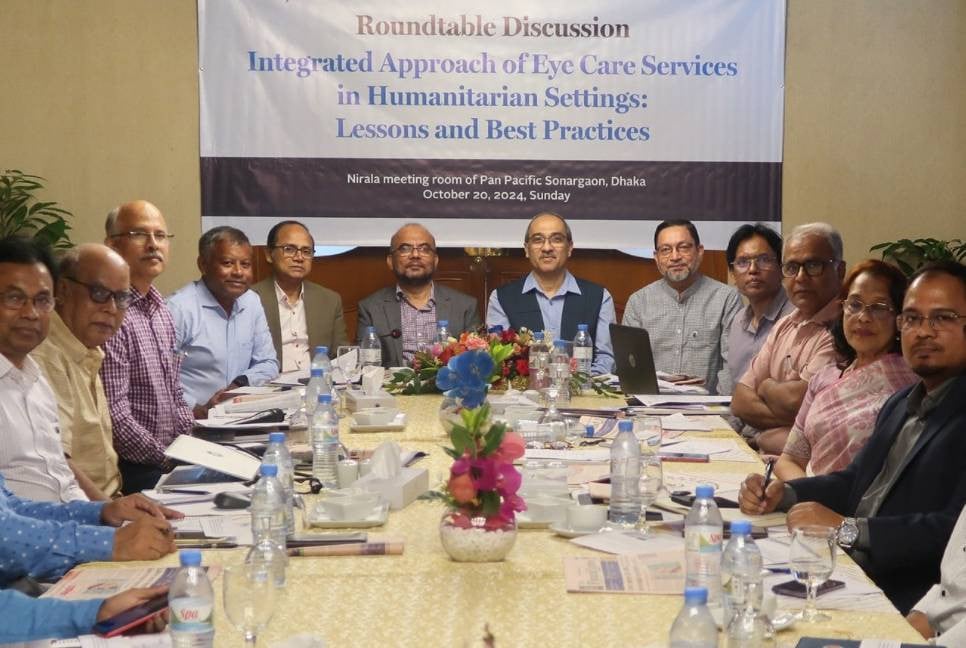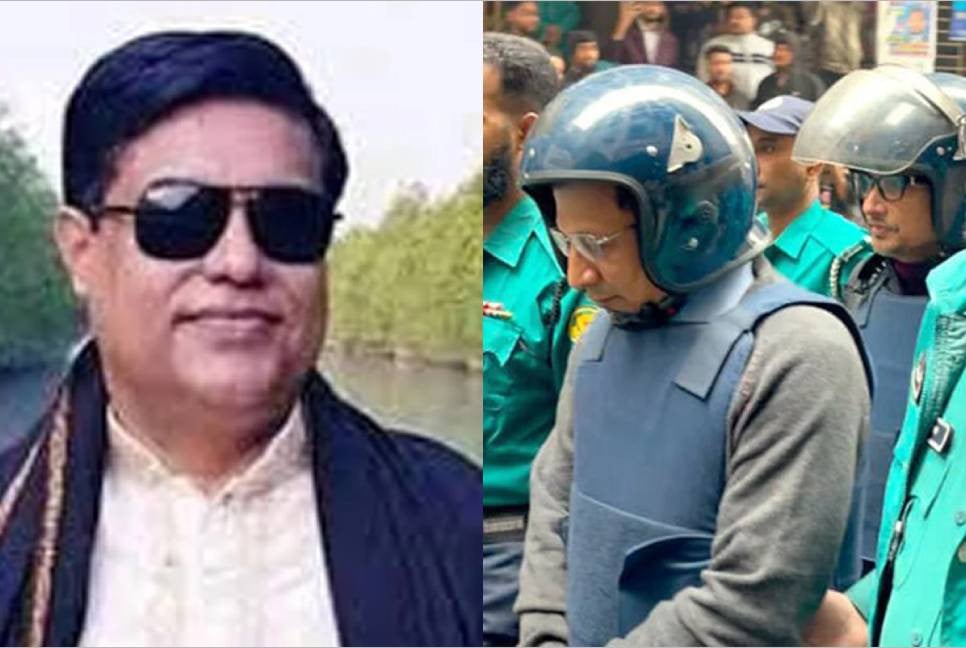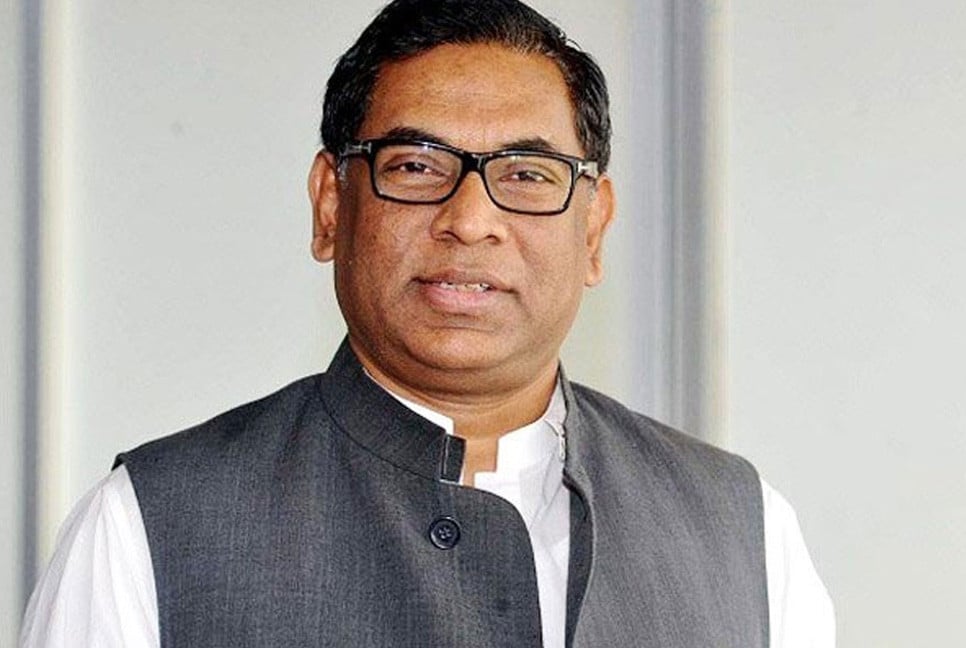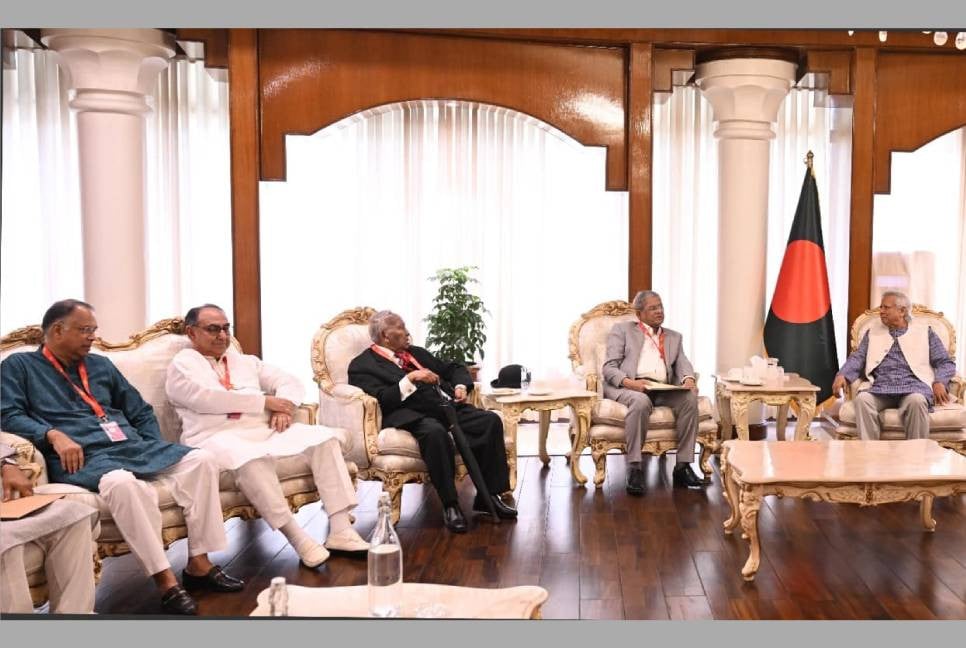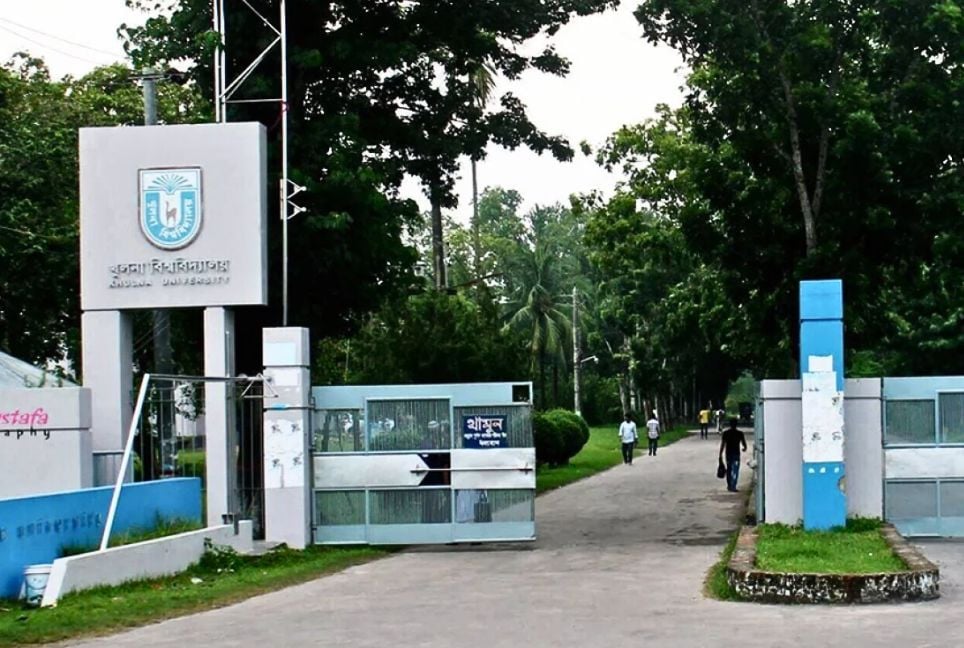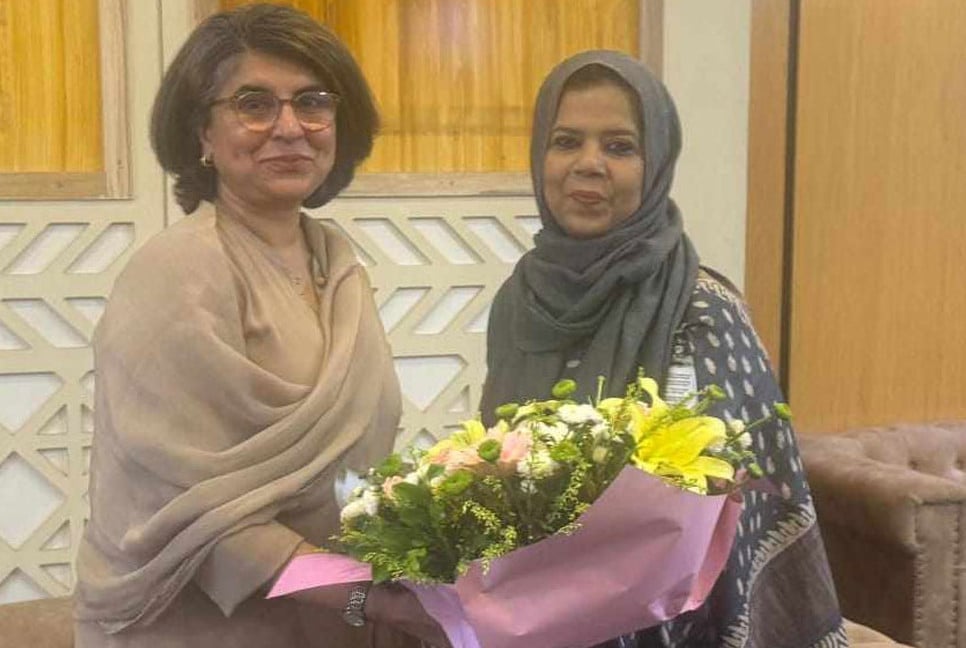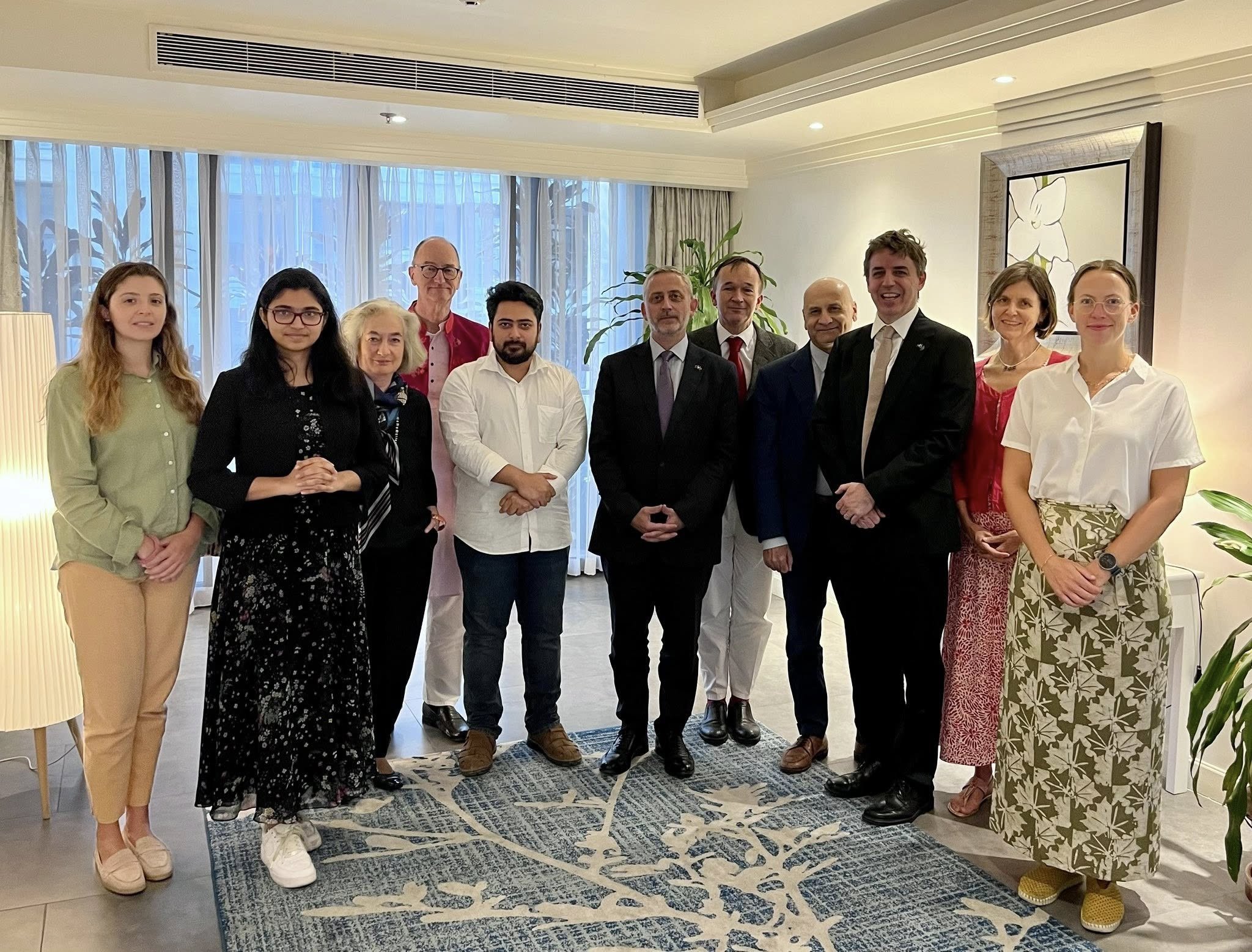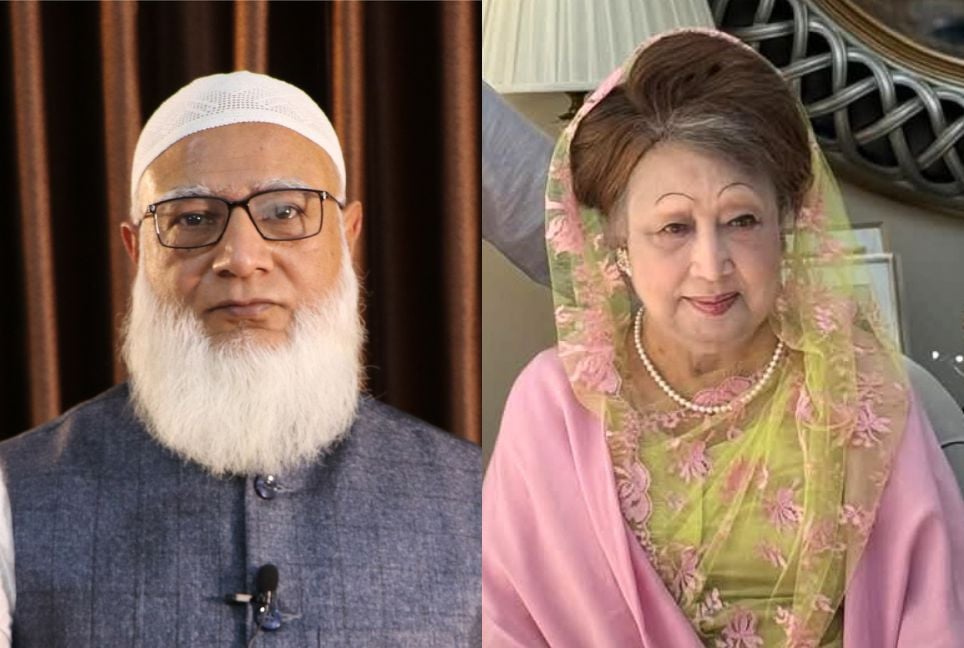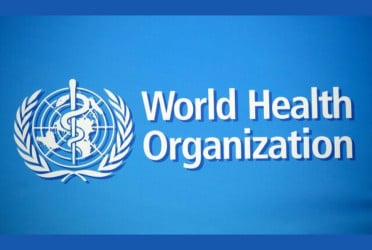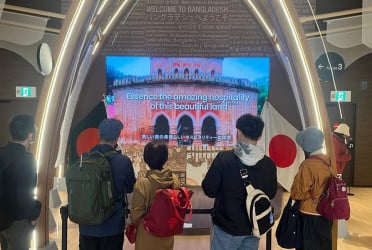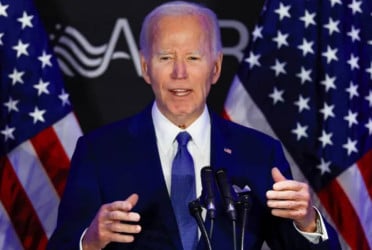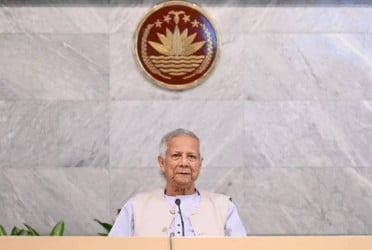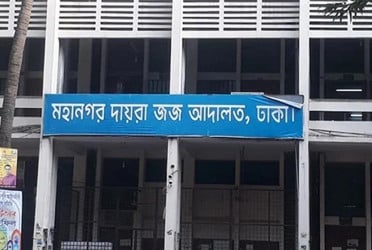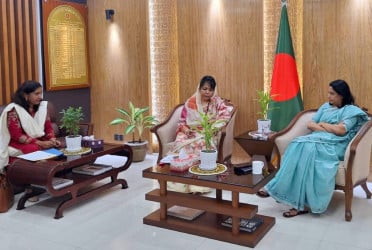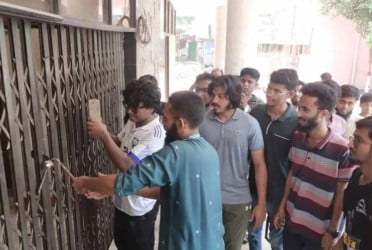Foreign assistance for the Rohingya community in Cox’s Bazar has sharply declined, leaving Bangladesh struggling to maintain its support programmes as international attention shifts to other crises, said Mohammed Mizanur Rahman, the Refugee Relief and Repatriation Commissioner (RRRC).
He highlighted the issue during a roundtable discussion on Sunday.
Speaking at the event titled "Integrated Approach to Eye Care Services in Humanitarian Settings: Lessons and Best Practices," organised by Orbis International and The Financial Express, Rahman emphasised that caring for the Rohingya is not solely Bangladesh’s responsibility, said a media release.
“We’ve shouldered the responsibility of the international community, including the United Nations. We’ve been working on behalf of them. But now they seem to be forgetting us,” he stated.
Rahman noted that health facilities in Rohingya camps have decreased from 160 to 120 due to funding shortages, significantly affecting service delivery.
He mentioned that international agencies supporting the Rohingya are also facing financial constraints.
Professor Dr AHM Enayet Hussain, President of the Ophthalmological Society of Bangladesh, who chaired the discussion, said that eye care has evolved from a health issue to a development one, noting that with improved eye care, one can perform better for society.
Dr Enayet highlighted the lack of coordination among different agencies for prioritising eye care in the government health facilities.
Prof Khair Ahmed Choudhury, Director of the National Institute of Ophthalmology and Hospital (NIO&H), disclosed at the discussion that Bangladesh is bringing cornea from Nepal for the victims of the July movement.
He said the corneas for two patients were supposed to reach Dhaka by Sunday (October 20) afternoon on a Biman Bangladesh flight.
Khair Ahmed said many people suffered eye issues due to gunshots and other injuries during the movement.
Additional Refugee Relief and Repatriation Commissioner Md Shamsud Douza urged actions for health literacy, including eye care, so that people understand their health problems and seek treatment.
He stressed the need for cornea donation to restore the eyesight of many and said awareness can encourage people to donate corneas.
Delivering the address of welcome, The Financial Express Editor Shamsul Huq Zahid said health-related government and non-government organisations should come up with eye health awareness campaigns in cooperation with the media.
Focusing on the lack of awareness about eye care, he stressed the need for the inclusion of eye care lessons in textbooks.
Dr Munir Ahmed, Country Director of Orbis International, while delivering the vote of thanks said the recommendations and advice the speakers have made would help his organisation and other stakeholders greatly in their journey in the days to come.
Shiabur Rahman, head of online and digital content of the Financial Express, moderated the event.
Representatives from Orbis’s partners in the Rohingya response programme, local and international non-government organisations working for the Rohingya community and relevant government bodies participated in the event.
bd-pratidin/GR

